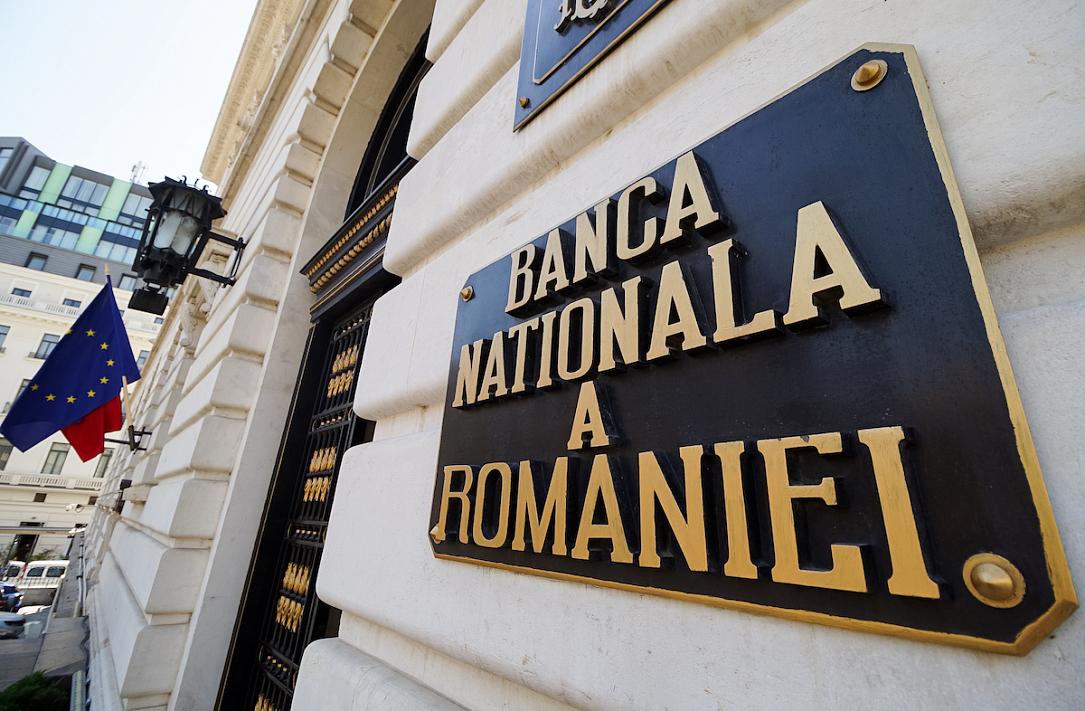Romania keeps refinancing rate at 7%



In line with the broad expectations and citing "very elevated uncertainty", the National Bank of Romania (BNR) announced on April 4 that it kept the refinancing rate at 7% as well as the +/-1pp interest rate corridor unchanged.
The dynamics of inflation (+15.5% YoY in February) show that the prices are still absorbing the effects of the expensive energy and materials, although "CORE2 inflation slowed its rise somewhat more visibly than anticipated" to 15% in February from 14.6% in December.
According to the BNR's current assessments, the annual inflation rate will probably "fall at a faster pace over the following months," in line with the latest medium-term forecast (February 2023), under the influence of sizeable base effects and the downward corrections of some commodity prices, as well as amid the changes made to energy price capping and compensation schemes.
In February, the inflation reading was, however, slightly disappointing. Nevertheless, favourable base effects are expected in March-April.
The CFA analysts polled in February revised their expectations for the coming 12-month period downwards, to 8.6% from 9.2% a month earlier.
The economic growth has also slowed down "only mildly" in 2022 Q4, to 1.0% QoQ from 1.2% QoQ in the previous quarter, thus exceeding expectations yet again. The economic growth seems to exceed expectations again in Q1, judging from the short-term series, the central bank says.
BNR also mentions some positive developments in the external balance area, reportedly helped by inflows of transfers from the European Union.
On the downside, BNR outlines a long list of uncertainties ranging from the developments of the war in Ukraine to the more recent decision of Opec to cut production. Government's performance in absorbing EU funds and operating fiscal consolidation is seen as generating "major uncertainties and risks."
Particularly relevant are also the Fed's and the ECB's monetary policy decisions, which render capital flows unclear, as well as the behaviour of central banks in the region.
iulian@romania-insider.com
(Photo source: Lcva/Dreamstime.com)